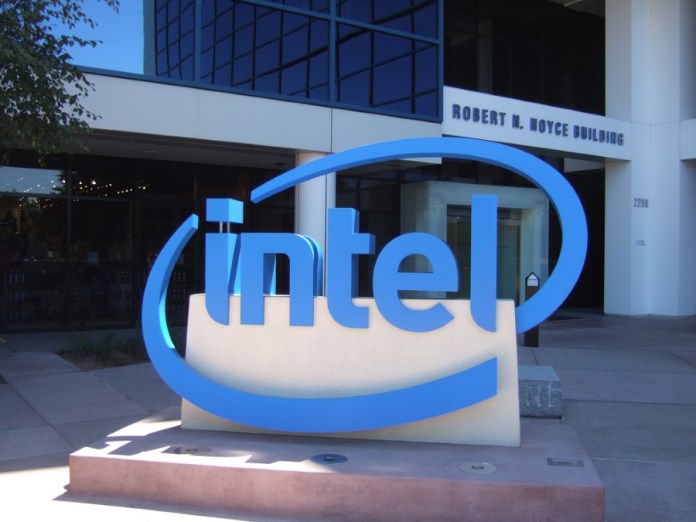With artificial intelligence proving to be the next big thing, current tech giants seem to be leaving nothing to chance when it comes to aligning themselves with what appears to be the looming future of the technology space.
For instance, Intel has been on an AI acquisition spree in recent times having made various purchases including Movidius, Mobileeye, and Nervana. What’s more, the company recently announced the purchase of Vertex.ai, a Seattle-based startup that is involved in the building of a platform-agnostic AI model suite.
According to a note posted on Intel’s website, Vertex.ai will become the latest addition to the company’s AI products group, whereby it is expected to provide support to a wide array of hardware.
It is also anticipated to incorporate PlaidML, which is the chipmaker’s multi-language acceleration platform intended to help developers in deploying AI models on Windows, macOS and Linux devices, particularly with its nGraph machine learning backend.
In the acquisition announcement, Intel said that Vertex. ai’s seven-person team would join the Movidius team, specifically in the chipmaker’s Artificial Intelligence Products Group.
Thanks to this acquisition, Intel has gained not only an experienced team but also IP to boost flexible deep learning at the edge. Additional terms and details pertaining to the entire deal were not disclosed.
Vertex.ai was founded back in 2015 by both Choong Ng and Jeremy Bruestle with the intention of building a framework that eliminated the existing gap between hardware and AI-powered software. The company lured seed money from various investors including Toronto, a Canada-based Creative Destruction Lab, and Curious Capital just to mention a few.
Ng stated on the eve of Vertex.ai’s launch in 2016 that current GPUs and CPUs are efficient and powerful enough for numerous intelligent applications. However, he added that the benefits of such systems do not go beyond that point.
In fact, Ng said that the lack of developer-friendly and portable tools keeps most organizations from fully benefiting from the power of deep learning technology.
According to Ng, a year ago, his company figured out a way that it could solve the portability and compatibility issues simultaneously for all platforms through a new software technique.
This approach calls for rethinking how the startup implements its algorithms and even though it has been an impediment to engineers, Ng stated the payoff justifies the struggle.
For Intel, the acquisition of Vertex.ai marks another step for the company as far as trying to capture the $200 billion AI market is concerned. Its acquisition of Altera delivered field programmable gate array into its vast product lineup whereas the purchase of Nervana and Movidius improved its real-time processing portfolio.
Importantly, the former’s neural network processor, which is anticipated to start production in late 2019, can reportedly provide a maximum of 10 times the AI training performance associated with competing graphics cards.
Intel’s executive VP Navin Shenoy said at the chipmaker’s recent Data Centric Innovation Summit that after 50 years, its AI acquisitions present the largest opportunity for the company. In fact, he added that the company currently holds 20% of the AI market.
Source VentureBeat




















